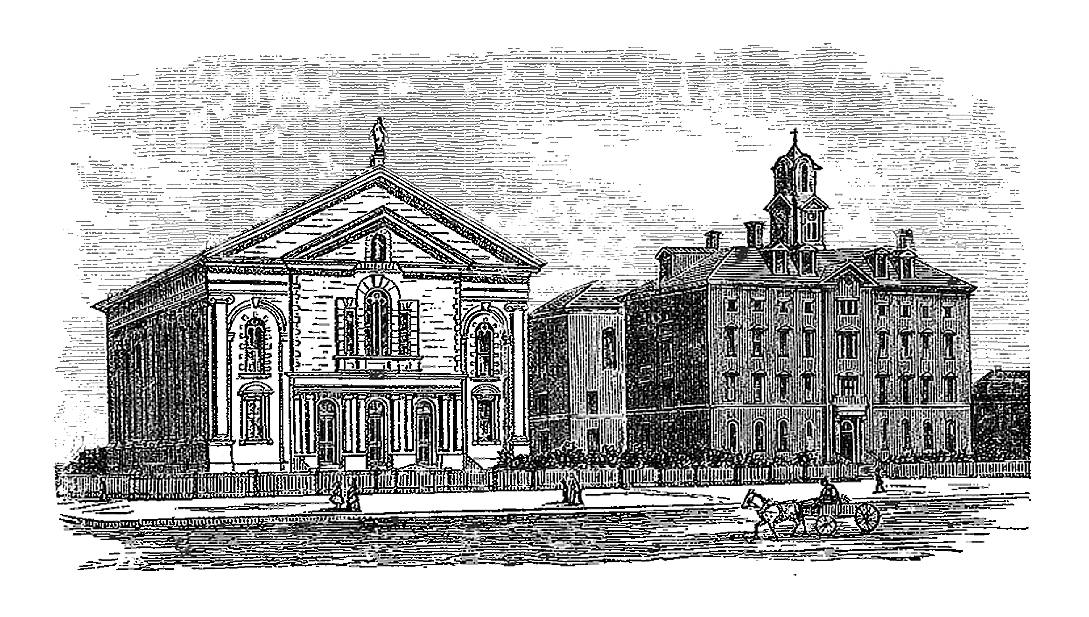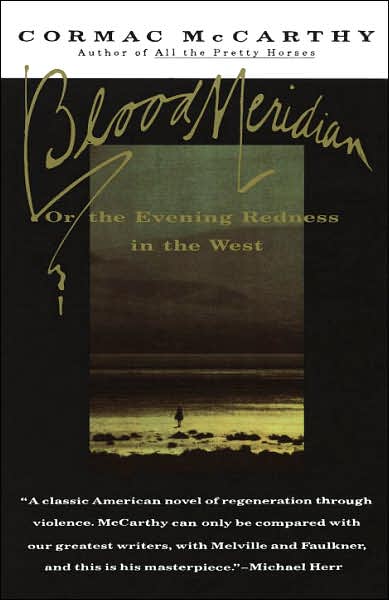A child in the woven confines of space
His face an outward journey
a silent visage hacked by red wax
He dreams of toy-bright stillness
or an army of tottering verbs
but knows well of the unbending forms
that he thinks he knows
He makes music with the flap of his sneakers
or with scattered planks or thick clogs of paste
to fill the holes he himself had dug
He can't help but smell the honeysuckle
or the tangled vines of red azaleas.
He dreams of tasting a swollen fruit
He comes to a sea of curious marble
serene architecture where names grow dim with time
and gazes upon one rough gothic shape
Unbeknownst to him the trees wail silently
in the soil that forms his paper past
Since I didn't really track a motif, what I tried to do was use McCarthyesque language and themes. Specifically, I tried to focus on open space, isolation, material description, man's relationship to nature, and man's relationship to his past. My poem features a solitary wanderer who eventually reaches a cemetery and stares at a particular gravestone. What I think is significant in the poem is how the language may signify what is important to the boy. Also, how the boy seems to actively seek out death while life has to impose itself for him to notice. McCarthy's child also seems to be drawn to violence instead of the natural beauty that Wordsworth's child loves. The judge is a tricky character because he is so in touch with the natural glories of the earth and still preaches the theology of violence. The judge's relationship to nature is evident in one of my very favorite passages in which he teaches the Glanton Gang how to make gunpowder using only things found in nature.
He concluded with the tellin us that our mother the earth as he said was round like an egg and contained all good things within her (130).
I'm off track now, but that's my poem.
Wednesday, June 3, 2009
Subscribe to:
Post Comments (Atom)





No comments:
Post a Comment